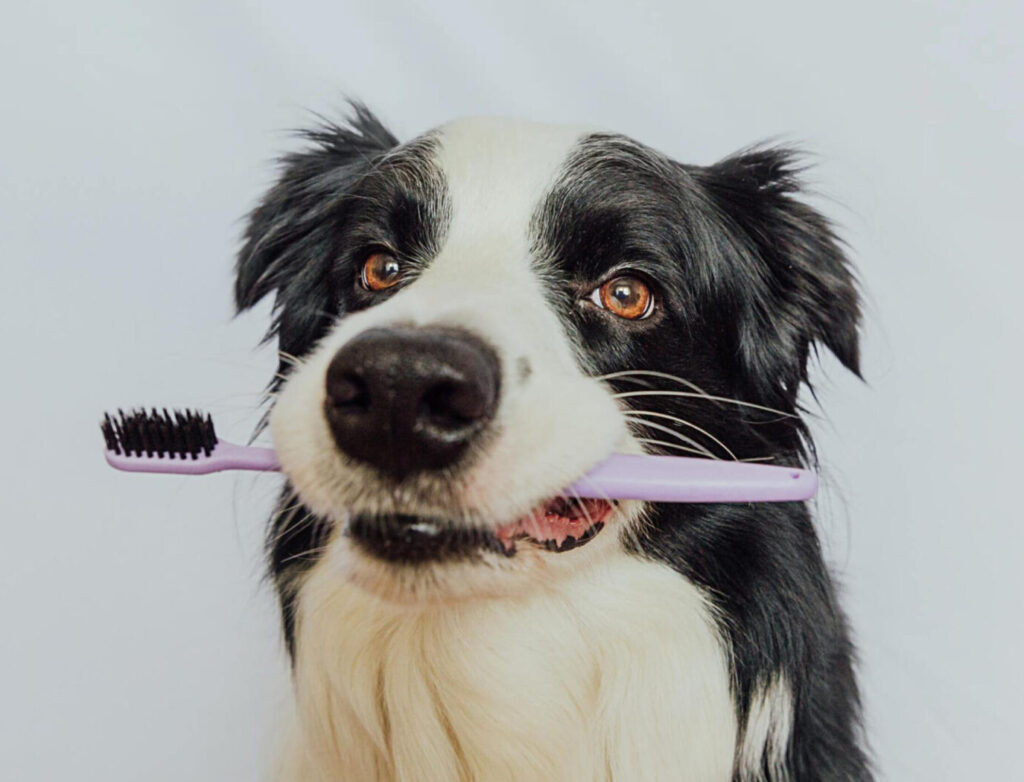Pet’s Dental Hygiene
As pet owners, we go to great lengths to ensure the well-being of our beloved companions. From providing nutritious food to regular exercise, we strive to keep our pets healthy and happy. However, one aspect of pet care that often gets overlooked is dental health. Just like humans, pets require proper dental care to maintain good oral hygiene and prevent dental issues. In this comprehensive guide, we’ll explore everything you need to know about pet dental health, from common dental problems to preventive care tips.
Understanding Pet Dental Health:
Dental health plays a crucial role in your pet’s overall well-being. Poor dental hygiene can lead to a range of dental problems, including periodontal disease, tooth decay, and oral infections. These issues can not only cause discomfort and pain for your pet but can also impact their overall health, leading to systemic diseases affecting vital organs such as the heart and kidneys.
Common Dental Problems in Pets:
Periodontal disease is one of the most prevalent dental problems in pets. It begins with the accumulation of plaque and tartar on the teeth, leading to inflammation of the gums (gingivitis) and eventually progressing to periodontitis, which involves damage to the supporting structures of the teeth. Other common dental issues in pets include tooth decay, fractured teeth, oral tumors, and oral infections.
Preventive Dental Care Tips:
The key to maintaining good dental health in pets is preventive care. Here are some tips to keep your furry friend’s teeth and gums healthy:
- Brushing: Regular brushing is the cornerstone of good dental hygiene for pets. Use a pet-specific toothbrush and toothpaste to brush your pet’s teeth daily or as recommended by your veterinarian.
- Dental Chews and Toys: Providing dental chews and toys can help remove plaque and tartar buildup while keeping your pet entertained.
- Professional Cleanings: Schedule regular dental check-ups and professional cleanings with your veterinarian to remove stubborn tartar and assess your pet’s oral health.
- Balanced Diet: Feed your pet a balanced diet that promotes dental health, such as dental-specific pet food or treats designed to reduce plaque and tartar buildup.
- Monitoring: Keep an eye out for signs of dental problems, including bad breath, swollen or bleeding gums, difficulty eating, and excessive drooling. Prompt veterinary attention is essential if you notice any of these symptoms.
The Role of the Animal Hospital of Aurora:
At the Animal Hospital of Aurora, we understand the importance of dental health in pet wellness. Our experienced veterinary team offers comprehensive dental care services, including dental exams, cleanings, and treatments for dental issues. We’re dedicated to providing personalized care for your furry friend, helping them achieve optimal dental health and overall well-being. Contact us today to schedule a dental check-up for your pet and take the first step towards ensuring their bright and healthy smile for years to come.
Conclusion:
Pet dental health is a vital aspect of overall pet care that should not be overlooked. By understanding common dental problems, practicing preventive care, and seeking veterinary attention when needed, you can help your furry friend maintain a healthy and happy smile for life. With proper dental care, you can ensure that your pet enjoys a lifetime of good oral health and overall well-being.



